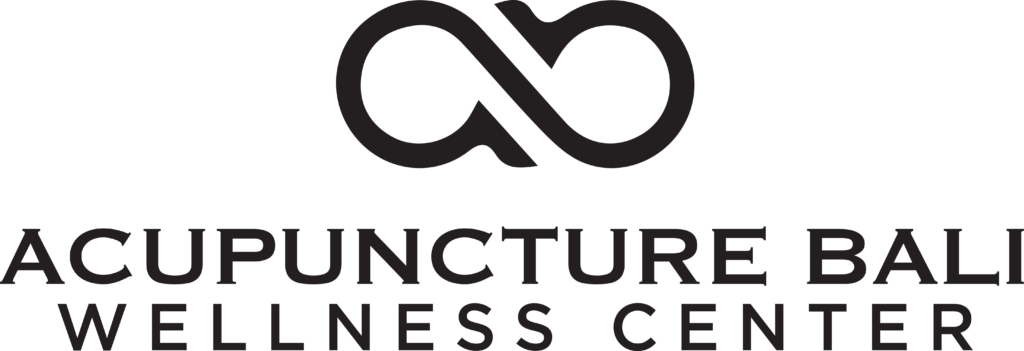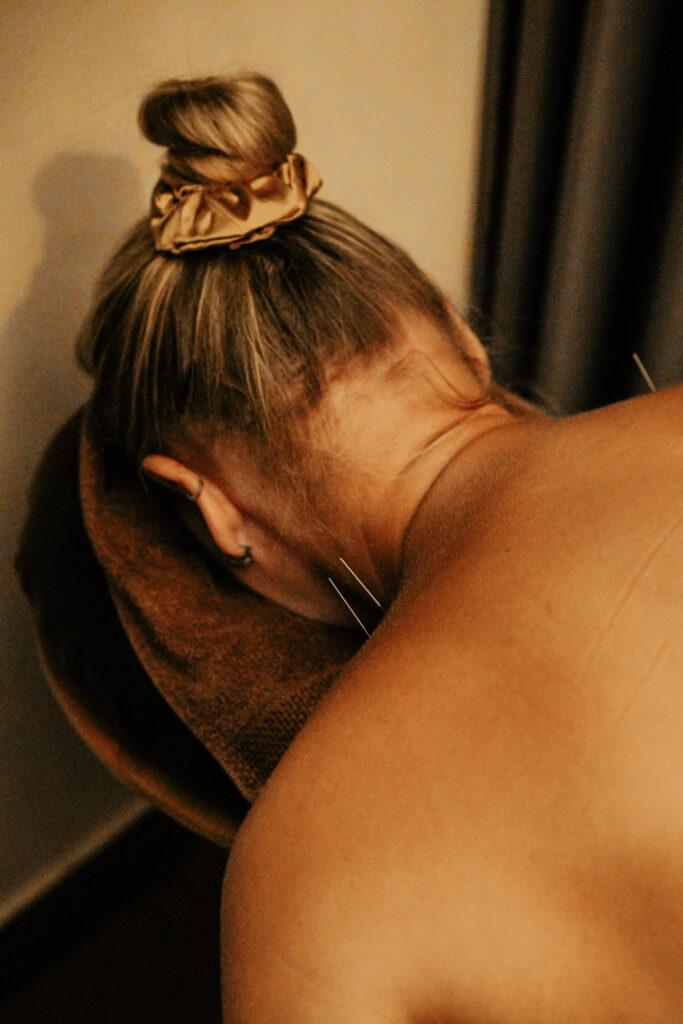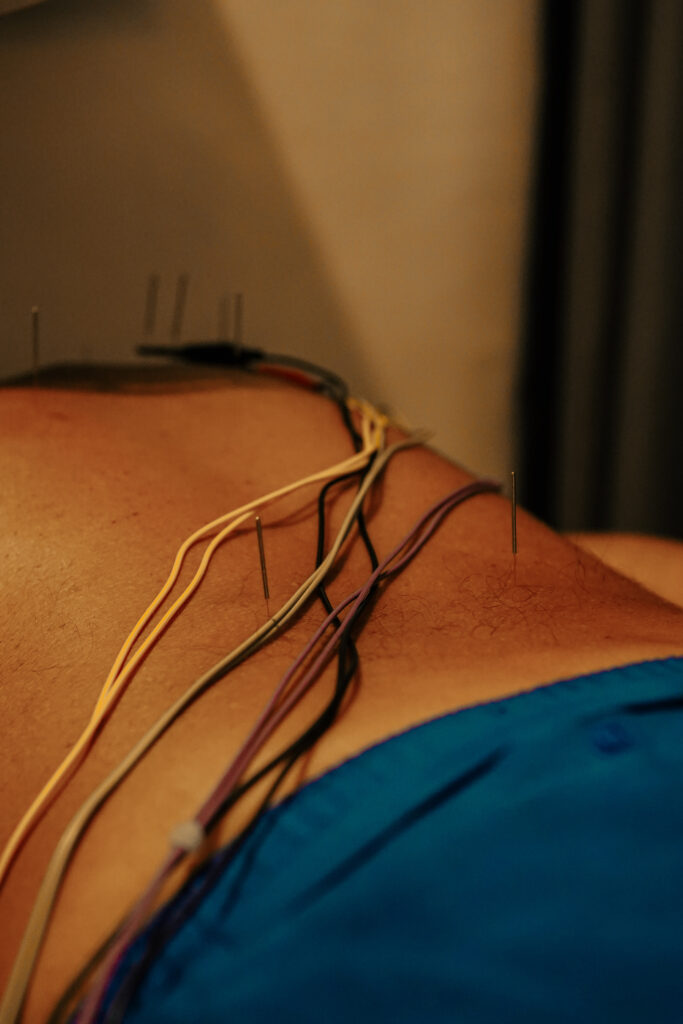In Traditional Chinese Medicine (TCM), stress is more than just a psychological burden—it disrupts the flow of Qi (vital energy) in the body. One of the primary organs affected by emotional stress is the Liver (Gan), which is responsible for the smooth flow of Qi. When stress causes Liver Qi to stagnate, this energetic blockage can manifest physically—often in the neck and shoulder area, especially along the Liver and Gallbladder meridian pathways.
Shoulder pain caused or worsened by stress, particularly when it feels tense, tight, or heavy after emotional strain, is frequently linked to Liver Qi stagnation. If prolonged, this stagnation can lead to Blood stasis, internal Heat, or Yin deficiency, all of which contribute to chronic shoulder discomfort.
Key Organ Systems Involved
- Liver (Gan) – governs the free flow of Qi and emotions. Emotional stress directly affects the Liver, leading to stagnation, especially in the upper trapezius and shoulders.
- Gallbladder (Dan) – paired organ of the Liver and shares the Shaoyang meridian pathway that runs through the side of the head, neck, and shoulders.
- Heart (Xin) – prolonged stress can disturb the Shen (mind), indirectly affecting musculoskeletal tension.
- Spleen (Pi) – prolonged stress and worry weaken the Spleen, leading to Qi deficiency and poor nourishment of the muscles and tendons.
Common TCM Patterns for Stress-Related Shoulder Pain
- Liver Qi Stagnation
- Symptoms: shoulder tightness or tension that worsens with emotional upset, mood swings, chest tightness, irritability
- Tongue: normal or slightly red sides
- Pulse: wiry
- Liver Fire or Liver Yang Rising
- Symptoms: intense or burning pain, red face, headaches, restlessness, insomnia
- Tongue: red with yellow coating
- Pulse: wiry and rapid
- Qi and Blood Stagnation
- Symptoms: fixed, stabbing shoulder pain; worse at night or with pressure; may be linked with trauma or prolonged stagnation
- Tongue: dark or purple with spots
- Pulse: choppy
- Liver Yin Deficiency
- Symptoms: chronic dull pain, dry eyes, insomnia, fatigue, tension after stress
- Tongue: red and dry with little coating
- Pulse: thin and slightly rapid
Treatment Principles in TCM
- Soothe the Liver and regulate Qi: to address the root emotional cause and restore free flow of Qi.
- Move Qi and invigorate Blood: especially for chronic or fixed pain.
- Clear Heat or subdue Liver Yang: in cases of Liver Fire or Yang Rising.
- Nourish Liver Yin and Blood: for long-standing deficiency leading to tension and pain.
- Unblock meridians: especially the Gallbladder and Sanjiao channels in the shoulder area.
Diet and Lifestyle Tips (TCM-Based)
Diet
- To soothe Liver Qi: include leafy greens, peppermint tea, citrus peel (chen pi), and chrysanthemum.
- To clear Liver Heat: eat mung beans, bitter melon, cucumber, celery, and green tea.
- To nourish Liver Yin and Blood: include black sesame, goji berries, spinach, beetroot, red dates, and bone broth.
- Avoid: alcohol, spicy foods, caffeine, fried and greasy foods, especially when symptoms flare up during stress.
Lifestyle
- Practice deep breathing, meditation, or Qigong daily to calm the Liver and smooth Qi flow.
- Avoid repressing emotions—journaling, talking, or artistic expression can help relieve emotional stagnation.
- Maintain regular light movement or stretching for the shoulders to avoid energetic stagnation.
- Stay away from cold drafts or prolonged immobility, which worsen stagnation.
Daily Acupressure for Stress-Related Shoulder Pain
- GB21 – Jian Jing (肩井)
- Location: midpoint between the base of the neck and the shoulder tip
- Function: releases shoulder tension, especially from stress and Liver Qi stagnation
- LV3 – Tai Chong (太冲)
- Location: top of the foot between the big toe and second toe
- Function: main point to soothe Liver Qi and regulate emotions
- LI4 – He Gu (合谷)
- Location: between thumb and index finger
- Function: clears stagnation, relieves pain, harmonizes Qi flow
- Caution: not recommended during pregnancy
- SJ5 – Wai Guan (外关)
- Location: 2 cun above the wrist crease, between radius and ulna
- Function: clears tension along the Sanjiao and Gallbladder channels, helps with upper limb stiffness
- BL18 – Gan Shu (肝俞)
- Location: 1.5 cun lateral to the lower border of the 9th thoracic vertebra
- Function: back-Shu point of the Liver, helps soothe Liver Qi and treat emotional tension
Technique: Apply gentle pressure to each point for 1–2 minutes on both sides. Take deep, slow breaths during the massage.
TCM Treatment Recommendations
- Acupuncture therapy: focus on LV3, GB21, LI4, SJ5, and BL18 to balance Liver Qi and relieve shoulder pain.
- Cupping therapy: especially on the upper back and shoulder area to release muscular tension and unblock Qi.
Conclusion
Stress-related shoulder pain is a common modern complaint that finds deep meaning in Traditional Chinese Medicine through the lens of Liver Qi stagnation and channel imbalance. Addressing this issue holistically through emotional regulation, acupressure, acupuncture, herbal therapy, and lifestyle adjustments allows the body and mind to rebalance. By harmonizing the Liver system, shoulder tension and emotional distress can be eased at their roots.
Sources
- Maciocia, Giovanni. The Foundations of Chinese Medicine: A Comprehensive Text for Acupuncturists and Herbalists. Elsevier, 2005. ISBN: 9780443074899
- Deadman, Peter et al. A Manual of Acupuncture. Journal of Chinese Medicine Publications, 2007. ISBN: 0951054651
- Chen, John K. & Chen, Tina T. Chinese Medical Herbology and Pharmacology. Art of Medicine Press, 2004. ISBN: 9780974063504






